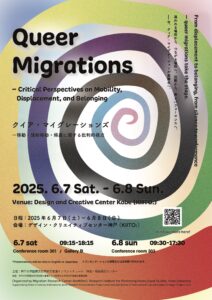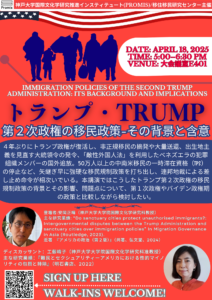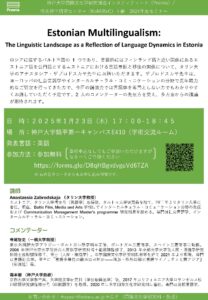

How Do Emigrants Adopt Themselves to Local Culture?
Principal Researcher in Kobe University
Masato KARASHIMA
(Associate Professor, Graduate School of Intercultural Studies, Kobe University)
Principal Researchers in the Oversea Partner University
CHOU Whei-Ming
(Humanities Research Center, Director/Professor, National Chengchi University)
Persons who choose to immigrate to another country are supposed to have relinquished the ties that bind them to the political ideology and cultural identity of their homeland. However, in reality, some immigrants deepen their attachments to their homeland and have a burning desire to return to their so-called ethnic and religious traditions. Where does this desire come from? As we recognize from the events currently taking place in Europe, serious problems that extend beyond differences in religious beliefs, such as learning about the host country's laws, becoming integrated with the regional society, and maintaining family relationships, are developing not only for the immigrants themselves but also for local communities as well. For example, it should be noted that compared to the big gap between the local communities and overseas mainland Chinese, the numbers of whom are continuing to increase, particularly in Europe, there are very few cases of friction between Japan's Taiwanese community and Japanese society. Why is there such a difference, despite the fact that these are both populations of Chinese people? In addition to differences in Japanese government policy, one reason might be the cultural adaptability of the immigrant community itself. To explain this theoretically, there is an ability to carry out policy recommendations as well as to acquire a new perspective that can academically explain the immigrant community's ability to adapt culturally.






